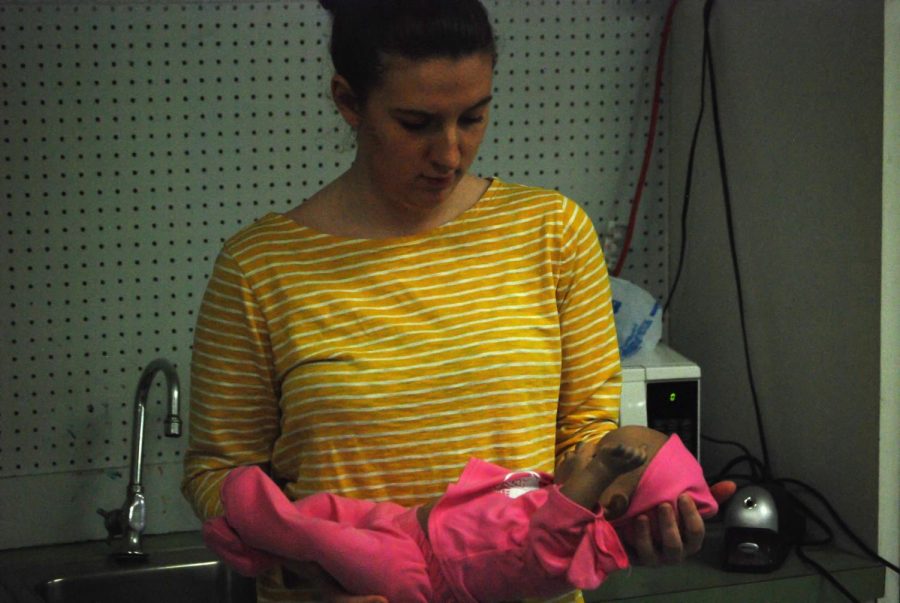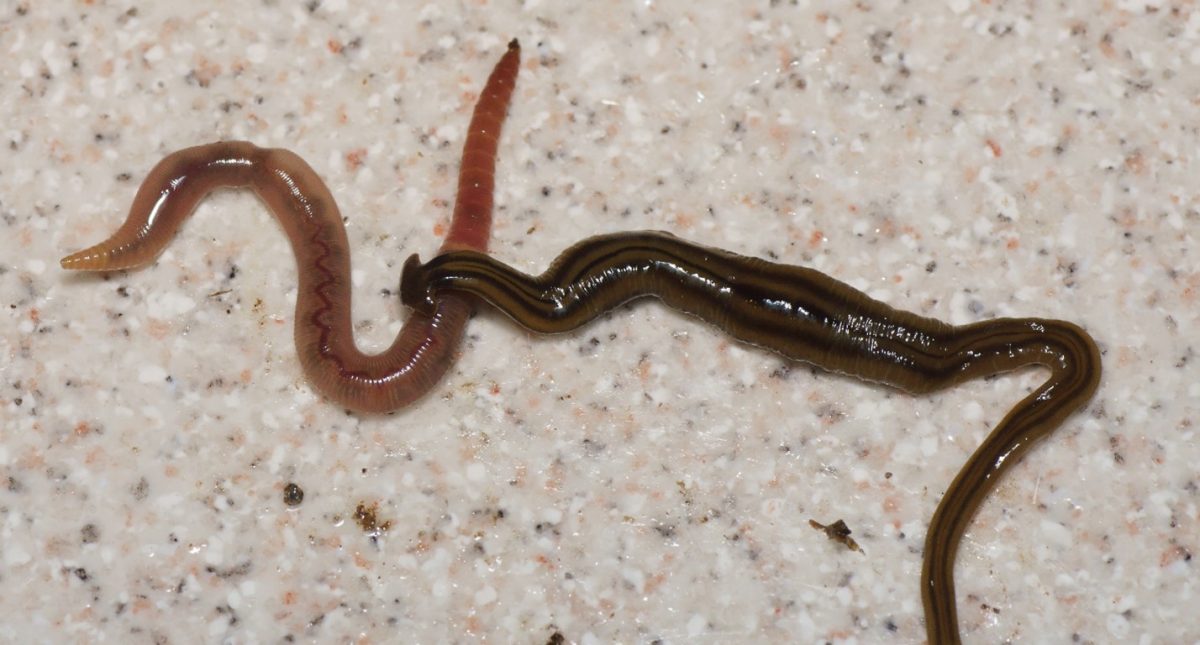The Baby Blues: Postpartum Depression
April 12, 2019
Four years ago, my mom gave birth to my sister Ariah on Feb. 3, 2015. At first, everything was amazing. With a new baby in the house, comfort and care radiated throughout our house. Everyone was so excited, but as the weeks went on, the energy started to fade.
My mom began to isolate herself, and I could see her losing love for the things that used to fuel her happiness. She didn’t want to spend time with me anymore. She would ask me to nurture my sister instead of doing it herself. She just wanted to stay in bed and do nothing.
I never understood why, or what I could do to help her. At the time I had never heard of postpartum depression, but looking back at the situation, I can say that my mom was suffering from what many moms go through.
Postpartum depression is a mental disorder diagnosed in post-birth mothers suffering from symptoms that vary from anxiety to depressive episodes. It is linked to hormones released at childbirth. It is not commonly talked about, but affects many women globally. It is a disorder that usually goes untreated.
According to the Illinois Department of Health Services, approximately 50% of new mothers suffer from a mild form of the “baby blues”–a mild depression due to hormone imbalances. About 20% of mothers exhibit lingering symptoms, but the percentage of moms affected could be higher, for many cases go unreported.
The disorder is believed to stem from numerous factors. Hormones, neurochemistry and personal history are all possible causes. According to Everyday Health, the risk of postpartum depression is higher in moms who have a history of mental disorders, such as depression or bipolar disorder.
In more serious cases, postpartum depression can progress to postpartum psychosis. Postpartum psychosis is a form of postpartum depression, but causes more mental instability for new mothers. Psychotic episodes can occur, including psychotic breakdowns, followed with anxiety attacks and breaks from reality.
According to Postpartum Support International, about 5% of women commit suicide because of postpartum psychosis, and about 4% commit infanticide.
With the disorder affecting many mothers, sometimes without even being recognized, many wonder what could cure such a common phenomenon. Postpartum depression is often treated like regular depression. Many turn to therapy, whether it be family or individual. Another form of treatment is the use of antidepressants, prescribed for a few weeks after birth to help new moms prevent extreme hormone imbalances.
Although it is such a common disease, many moms go untreated, for they don’t even recognize they have it. More research needs to be done on the subject, so we can one day begin to reach a cure for all cases. If you or anyone you know is in close proximity with a new mom, reach out and make sure that physically and mentally, everyone is okay. It is important to pay attention to the warning signs so we can keep all new moms and their children healthy and safe.






